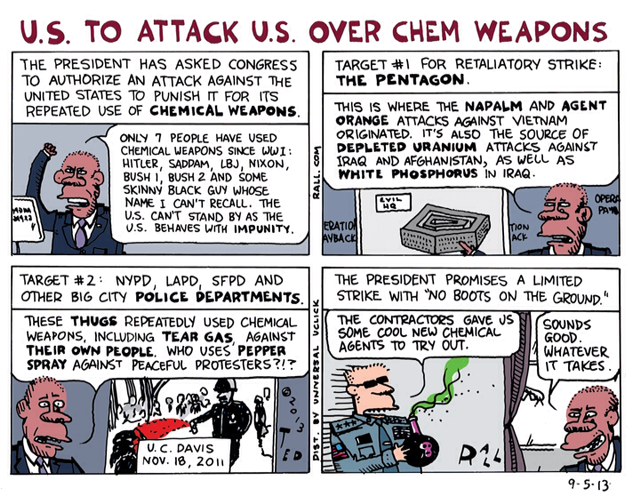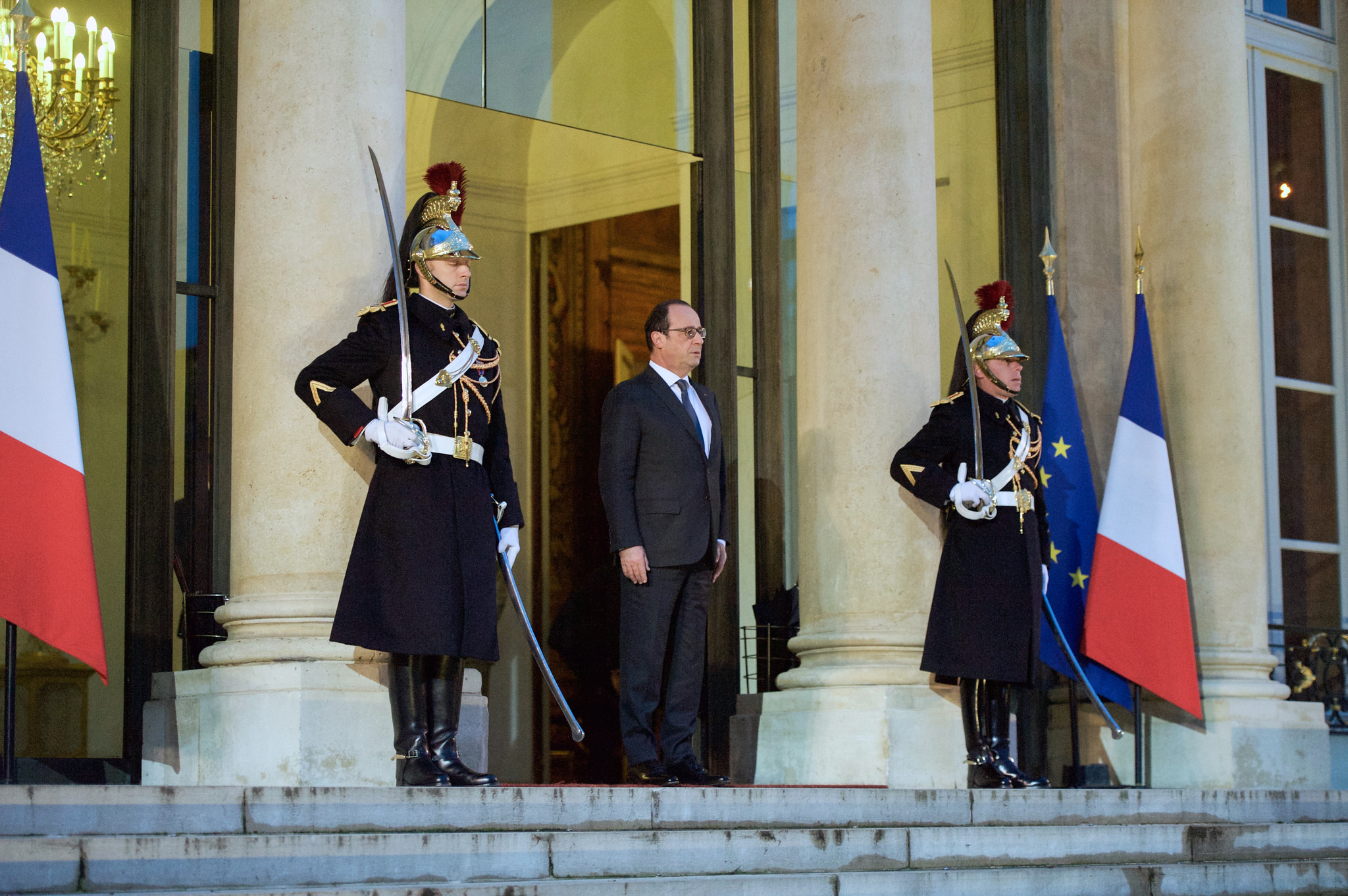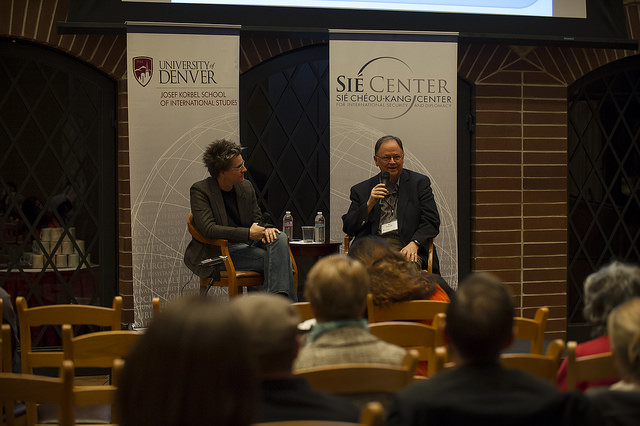
One thing that academics do is engage in “verstehens” or thought experiments. This said, we do not always push things to extremes, preferring to deal with what James Fearon (1991) refers to as “plausible counterfactuals”. Sometimes this hinders us, however, as it does not allow us to explore the seemingly obvious contradictions that exist around us. Those in popular culture who put out cartoons, graphic novels, and comics are not constrained in this manner, but delight in such spaces. Accordingly, it is useful to take in this perspective every now and then in order to better see where we are — perhaps listening closest to the “fool” in a Shakespearean piece, normally the wisest of us all.









2 comments
This is a good one, too:
Dear Assad… https://medium.com/war-is-boring/25d943fe5380
I enjoyed the work Matt Bors did for David Axe’s comic memoir.